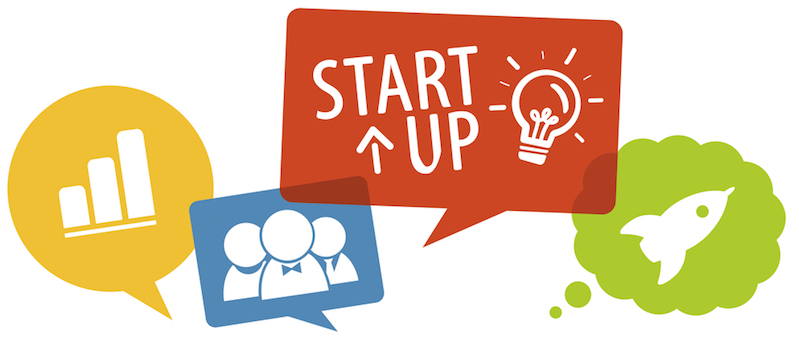
If you are a newly minted entrepreneur, you may have heard of incubators, but are not too sure what they are about. Have you ever wondered what it is like to be in an incubator, or what people learn from it? In this post, Jill Bourque shares the lessons she learned from Launch Incubator, and how it changed her viewpoints and actions.
Here are eight things I learned in 12 weeks in the Incubator:
I actually thought I had a good pitch as I had previously won a pitch competition. But pitching is like storytelling and there a lots of different ways to tell the story of your company. The Incubator focuses on a product pitch, not a business pitch. I watched my fellow batchmates refine their pitch week by week. Mine was a bit different each week depending on what I was focused on. I’m an improvisor, so I don’t like things to be too scripted. The pitch I ended up doing on-stage was the culmination of those 12 weeks. You can take a look at it here.
2. Design Matters
Prior to getting into the Incubator, my focus was on Lean Startup practices and getting traction with our MVP. Design was not a top priority. I was extremely resistant to spending money on design. But Jason convinced me to spend the money and he was right. I hired a great NYC team and an Art Director in San Francisco and we did a complete re-branding and overhaul in two weeks. It was money well-spent and took RushTix to the next level. Here’s a nice overview of the design by KAS Digital and Abby Post.
3. Investors Don’t Agree on What’s “Good”
Over the course of the program, investors did not consistently pick the same companies as their top choices. I learned that feedback should be listened to carefully, but taken with a grain of salt. The fact of the matter is that we’re all long-shots at this point and no one really knows what will happen. Evaluating an idea is somewhat of a crap shoot and investors bring their own biases.

4. Trust Your Gut
At the beginning of the program I had a mini-crisis. Pretty much everyone else had a beautiful mobile app. I was freaked out because I had a not-pretty web app. I did have something that I felt was valuable: traction and a viable MVP. I had lots of opinions back and forth on what would be the best course of action. Ultimately, I went with my gut which was to stick with what was already working, a web app. Feedback is great, but trust your instincts.
5. The Flywheel Principle
During the interview to get into the program I asked Jason how he successfully manages so many entities and he told me about the book “Good to Great” and the Flywheel Principle. It’s basically that great companies are able to gain tremendous momentum by consistently pushing in one direction. The analogy makes so much sense to me. I’m a voracious reader of business and marketing books and this idea is the one that I think about the most.
6. Hiring: Finding “10s” & Humor as a Beacon
During the program we spent a lot of time with Jason’s team. He knows how to hire top-notch folks and we learned some insights into his hiring process. At one point he said that he only hires “10s” and doesn’t try to turn a 7 or an 8 into a 10. It made me reflect on my own hiring practices and how I could improve. First off, I created a much more substantial system to find folks. For one role I started with 60 applicants and used seven different steps to find that right fit. For the design project I started with 400 applicants. I also tried to figure out how to get the right culture fit, so I started to make the job postings funnier. Humor was my beacon to see if folks would respond in some witty way. It worked especially well with the design process.
7. Be Concise When Emailing Busy People
Jason gave us many great examples of how to email investors and journalists. It boils down to showing that you know their work, being straightforward about what you are seeking, and credentialize yourself. And do all of this in about three or four sentences. Brevity good.
RushTix is the first build your own subscription for local arts and culture. For more information on them, you can check out their website here.
Launch Incubator supports founders and inspires innovation. For more information on them, you can check out their website here.



